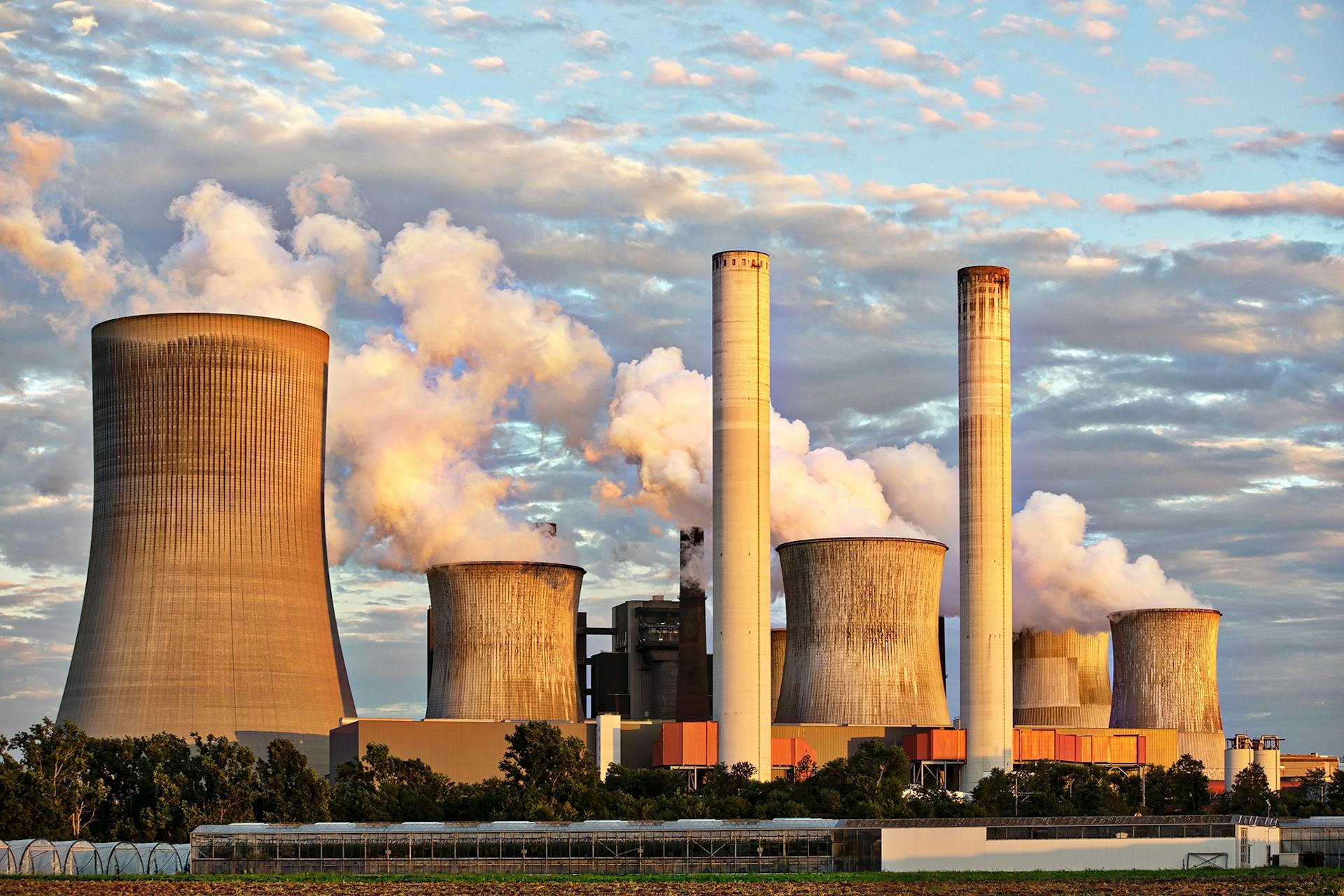Environmental law – Protecting the Earth for the Future
Environmental law is an ever-evolving field of study that deals with the complex relationships between human activities and the natural environment. The field of environmental law encompasses a wide range of legal topics including air and water pollution, land use, wildlife conservation, and climate change.
At its core, environmental law is about protecting the environment and ensuring that human activities do not cause harm to natural resources. Environmental laws are put in place to regulate the actions of individuals, businesses, and governments to ensure that they are acting in a responsible and sustainable manner.
One of the most significant drivers of environmental law is the need to address the impacts of pollution on the environment. Pollution can take many forms including air pollution, water pollution, and soil contamination. These pollutants can cause significant harm to the environment, and in some cases, can even be harmful to human health.
To address the impacts of pollution, environmental laws have been put in place to regulate the release of pollutants into the environment. For example, the Clean Air Act regulates the emissions of pollutants from industrial sources such as factories and power plants, while the Clean Water Act regulates the discharge of pollutants into the nation’s waterways.
Another important area of environmental law is land use. Land use laws are designed to regulate the way that land is used and developed to ensure that it is done in a sustainable and responsible manner. This includes zoning laws that regulate where certain types of development can occur, as well as regulations that require developers to take steps to mitigate the impacts of their development on the environment.
Wildlife conservation is also an important area of environmental law. Many species of wildlife are threatened or endangered due to human activities such as habitat loss, hunting, and pollution. Environmental laws are put in place to protect these species and ensure that they are able to thrive in their natural habitats.
Finally, climate change is a major driver of environmental law. Climate change is caused by human activities such as the burning of fossil fuels, deforestation, and industrial processes. Environmental laws are being put in place to regulate these activities and reduce their impact on the environment. This includes regulations that require businesses to reduce their greenhouse gas emissions, as well as laws that promote the use of renewable energy sources such as solar and wind power.
Environmental law is a critical area of study that plays a vital role in protecting the environment and ensuring that human activities are conducted in a sustainable and responsible manner. As the impacts of pollution, land use, wildlife conservation, and climate change become more severe, it is increasingly important that we have robust and effective environmental laws in place to address these challenges. By working together to develop and implement strong environmental laws, we can ensure that our natural resources are protected for generations to come.

